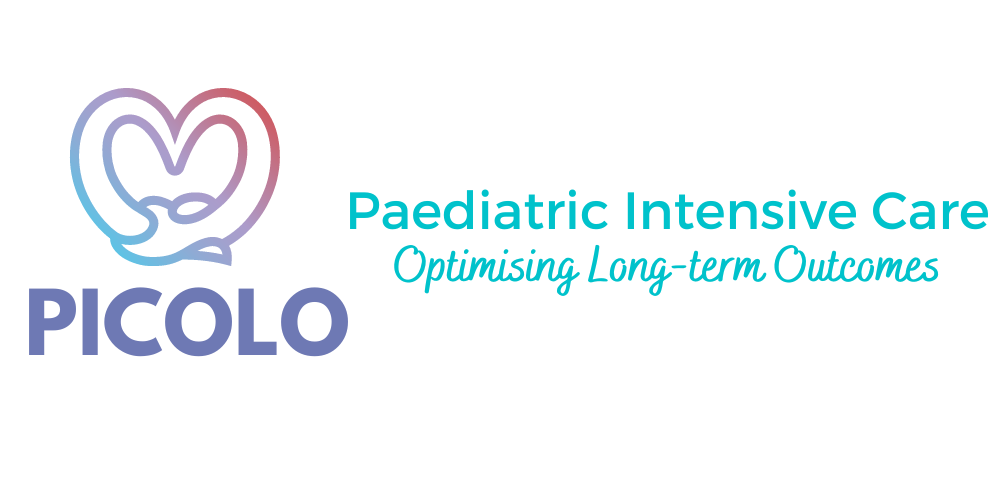Rehabilitation From the Beginning of the PICU Journey
The more we learn about the journey for children through critical illness, the more we realise that rehabilitation must start from the beginning of that journey, not just once a patient has passed the critical illness phase.
Critical illness often means a child’s usual physical strength and ability is affected due to the multi-organ nature of critical illness and trauma. We are learning from longer-term studies that some of the problems that can develop during critical illness may last for a long time after the PICU admission; this is part of the impact of PICS-p.
Physical strength and movement skills like sitting, crawling or walking can all be impacted by critical illness. If the child is immobile for a prolonged period, this can contribute further to significant physical weakness and function.
So how are we addressing this problem and starting rehabilitation early for critically ill children?
We start day 1 in PICU and provide a safe and age-appropriate Early Mobilisation rehabilitation program for all our patients led by the PICU physiotherapy team.
Part of this program involves getting to know each child via their parents and carers to learn what stage of physical development their child had attained before their critical illness.
We partner with families to ensure that we learn the child’s likes and dislikes and what makes their special little person tick! In the case of babies, we support new parents to learn how to handle, position and touch their baby so they are able to learn more about their baby even during this critical illness phase.
The whole PICU team is involved in supporting early rehabilitation, the doctors, nurses and allied health staff work together to ensure that every day each patient has mobility goals and planned activities, which we work towards achieving as a team with family input.
It is important to remember that rehabilitation in PICU may be as simple as moving the child’s limbs for them with gentle stretches to maintain muscle and joint function or sitting them up in bed.
Activities for each child are individualised so that they are safe and monitored throughout. We really try to involve families as much as possible in any activities as we recognise families may feel they have limited ability to be involved in the PICU environment. This is something they definitely can help with.
Our aim is that this program helps empower families to support each child to participate in the optimal level of rehabilitation that they can; every child, every day.




